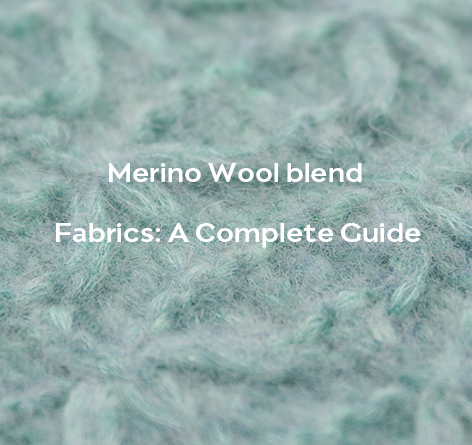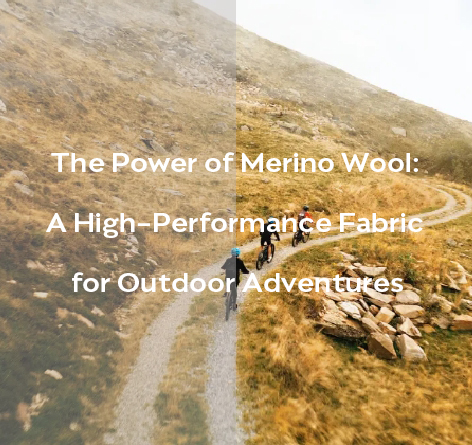Merino wool is a natural fiber derived from Merino sheep, it’s associated with the production of some of the softest and finest wool on the planet. Its singular composition features a combination of comfort, performance, and sustainability that sets it apart from other types of wool. The small diameter of the fibers in Merino causes them to have a softness on the skin that is different from traditional wool. Additionally, its natural stretchiness is beneficial, as it allows garments to stretch without altering their shape, this ensures long-term durability.

One of the most notable attributes of merino wool is its ability to regulate the temperature, this characteristic keeps you warm in cold climates and cool in warmer ones. This causes it to be a popular choice for both recreational enthusiasts and casual wearers. Other than temperature control, it is exceptional at moisture-wicking, it takes in sweat and releases it into the atmosphere in order to keep the wearer dry. Also, its antibacterial properties inhibit the buildup of odor, this property is ideal for travel and active recreation.
Compared to combinations, 100% Merino wool has a superior capacity to breathe, softness, and environmental friendliness. While combinations often have synthetic fibers that can reduce comfort and increase environmental impact, pure Merino wool is completely biodegradable and regenerative, with each sheep producing a new coat every year. This choice is ideal for people who are conscious of their impact on the planet. Outdoor brands like Icebreaker and Smartwool take advantage of these qualities in their products, they provide everything from hiking supplies to everyday wear.
Because of this, 100% Merino wool is considered not only to have a luxurious feel but also to have a performance and environmental benefit, which makes it a superior option for clothing that is long-lasting.
Ⅰ. What Makes Merino Wool Machine Washable?
One of the primary concerns associated with washing wool is the potential for shrinkage and felting, this is particularly true of untreated wool. When wool is bathed in hot water or flailed excessively, the natural scales on the fibers can cause them to interlock, this results in a shrunken, matted fabric that has lost its softness and flexibility. This obstacle has traditionally posed a difficult problem for wool, which is typically hand-cleaned or dry-cleaned, the process is typically slow and expensive.
However, advances in textile technology have led to the creation of machine-washable Merino wool. This innovation is primarily centered around the Superwash process, a procedure that safely cleans wool in a machine without negatively impacting its performance or quality.
The Superwash Process
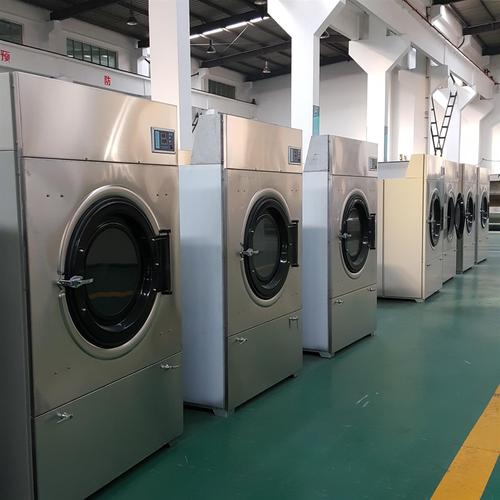
The Superwash method involves treating wool’s fibers in order to prevent shrinking and felting. Typically, the wool is subjected to a chemical process that removes the outer scales from the wool, this allows the fibers to slide through each other during the washing process without intersecting. This procedure also increases the wool’s resistance to machine damage. Some brands utilize enzyme-based treatments to have similar results without the harsh chemicals, this makes the process more environmentally friendly.
These procedures produce fabric that is resistant to shrinkage, this fabric can withstand the harshness of machine washing while still maintaining the beneficial properties of Merino wool, including its breathability and ability to moisture-wick.
Benefits of Machine-Washable Merino Wool
- Convenience: Consumers can take home their Merino wool clothing without having to take special care of it, this makes it more user-friendly.
- Endurance: The Merino wool fabric maintains its softness and original shape after being washed multiple times.
- Sustainability: By allowing home washes, these fabrics can reduce the environmental burden associated with dry cleaning.
For more detailed insights on wool care and washing methods, visit Wool Sweater Care 101.
Ⅱ. The Technology Behind Shrink-Proofing and Superwash Treatments
Understanding the technology involved in shrinkproofing and Superwashing treatments for wool involves studying the scale organization of the fibers in wool and how this treatment alters the organization to prevent shrinkage and felting.
Wool’s Scale Structure
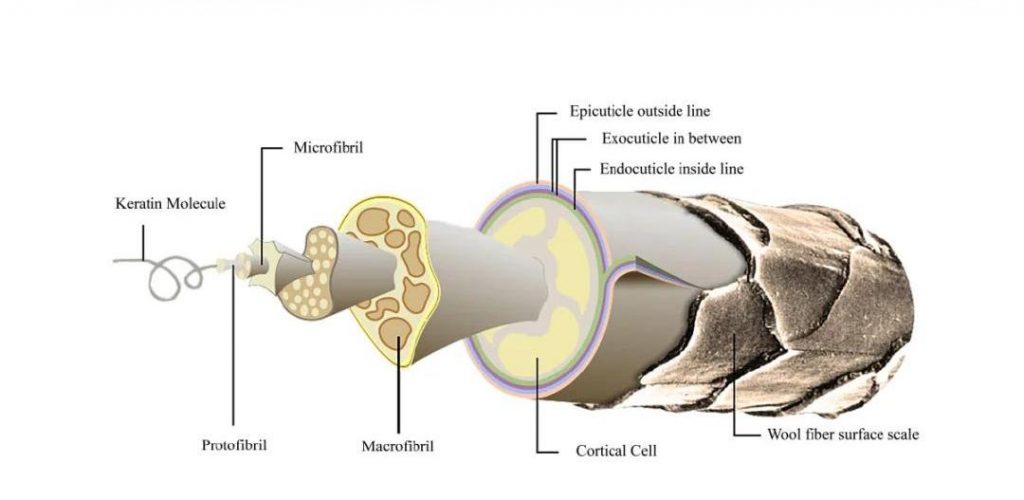
The wool’s fibers have a unique surface composition that is composed of multiple scales. These scales have the natural capacity to insulation and moisture-wicking, but they also have a significant impact on the fiber’s tendency to become felt. When exposed to heat and moisture, the scales can become interlocked, this causes the fibers to shrink and the fabric to become matted. This property has historically posed a difficulty in cleaning and maintaining wool clothing.
Chemical and Enzymatic Treatments
To counter the shrinking, various treatments alter the way wool is structured:
- Superwash Treatments:
Historically, Superwash wool has employed chemicals based on chlorine to remove or smooth the scales from the fiber. This procedure effectively avoids the scales’ ability to attach to each other during washing, this enables the wool to be machine-washed without being shrieked. However, the utilization of chlorine has led to environmental concerns regarding its effects.
- Eco-Friendly Alternative:
In response to environmental concerns, new treatments have been developed that are free of chlorine. These are fibers that are modified with enzymes, which use natural enzymes to process the wool. Enzymes have the ability to break down the scale composition, this enables the fibers to pass through each other more easily during the washing process. This approach preserves the wool’s original properties while being more environmentally responsible.
Sustainable Wool Processing

The transition from using non-recyclable fibers to biodegradable wool and to sustainable methods of processing is popular in the textile industry. Treatments that avoid toxic chemicals not only have a lower environmental impact but also take into account the increasing popularity of environmentally friendly products. Sustainable methods of processing wool that preserve the natural fiber’s integrity provide high-quality fabrics that are both functional and environmentally responsible.
Overall, the technology involved in shrink-proofing and Superwash treatments is advancing in order to accommodate the demands of modern consumers who seek both performance and sustainability. By utilizing treatments for chlorine-free wool and enzymes that are designed to modify the wool’s properties, the industry is progressing toward a future that values the natural attributes of the fiber while providing the convenience of machine-washability.
Ⅲ. How Does Machine-Washable Merino Wool Perform?
When evaluating the performance of machine-washable Merino wool, it’s important to assess whether the treatments negatively impact the core attributes that make Merino wool a popular choice for many: moisture-wicking, breathability, and odor resistance.
Core Features Retained
1. Moisture-Wicking Performance:
The treated Merino wool maintains its ability to remove moisture from the body. The inherent organization of the Merino fibers enables them to absorb up to 30% of their weight in moisture without having to feel it. This attribute is still present following multiple washes, which ensures that clothing remains dry and comfortable during physical exercise.
2. Breathability:
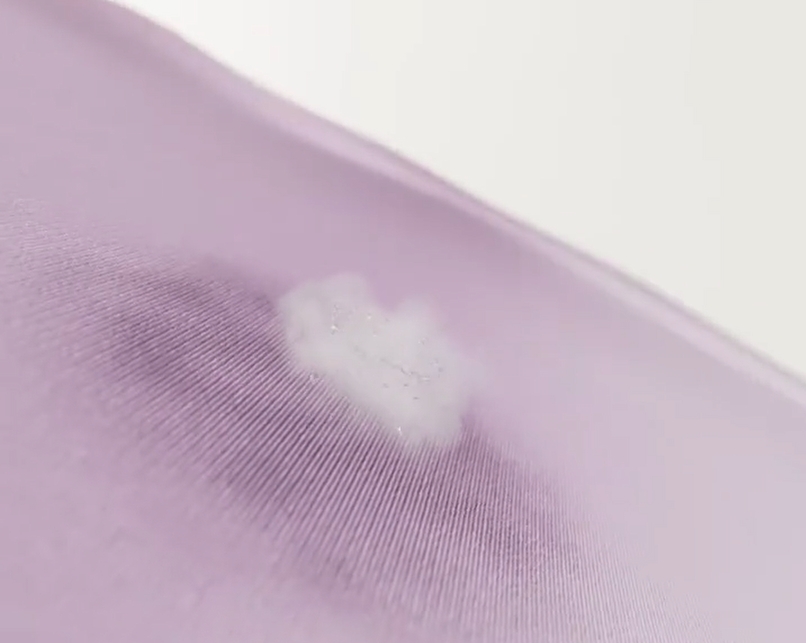
The breathable nature of merino wool is another important attribute that is maintained in treated varieties. The fibers’ peculiar structure promotes air flow, which facilitates the regulation of the body’s temperature, which is beneficial in temperate climates, where the wearer will have a comfortable experience. Many enthusiasts in the outdoors appreciate this functionality, as it allows them to wear the same clothing in different environments without having to concern themselves.
3. Odor Resistance:
Treated Merino wool is still capable of preventing the growth of bacteria that cause odors, which makes it an ideal choice for travel-friendly clothing. This attribute grants garments a long lifespan, which means that they can be worn for multiple days without developing any unpleasant smells, this is an advantage for travelers and casual adventurers.
Durability Under Frequent Use
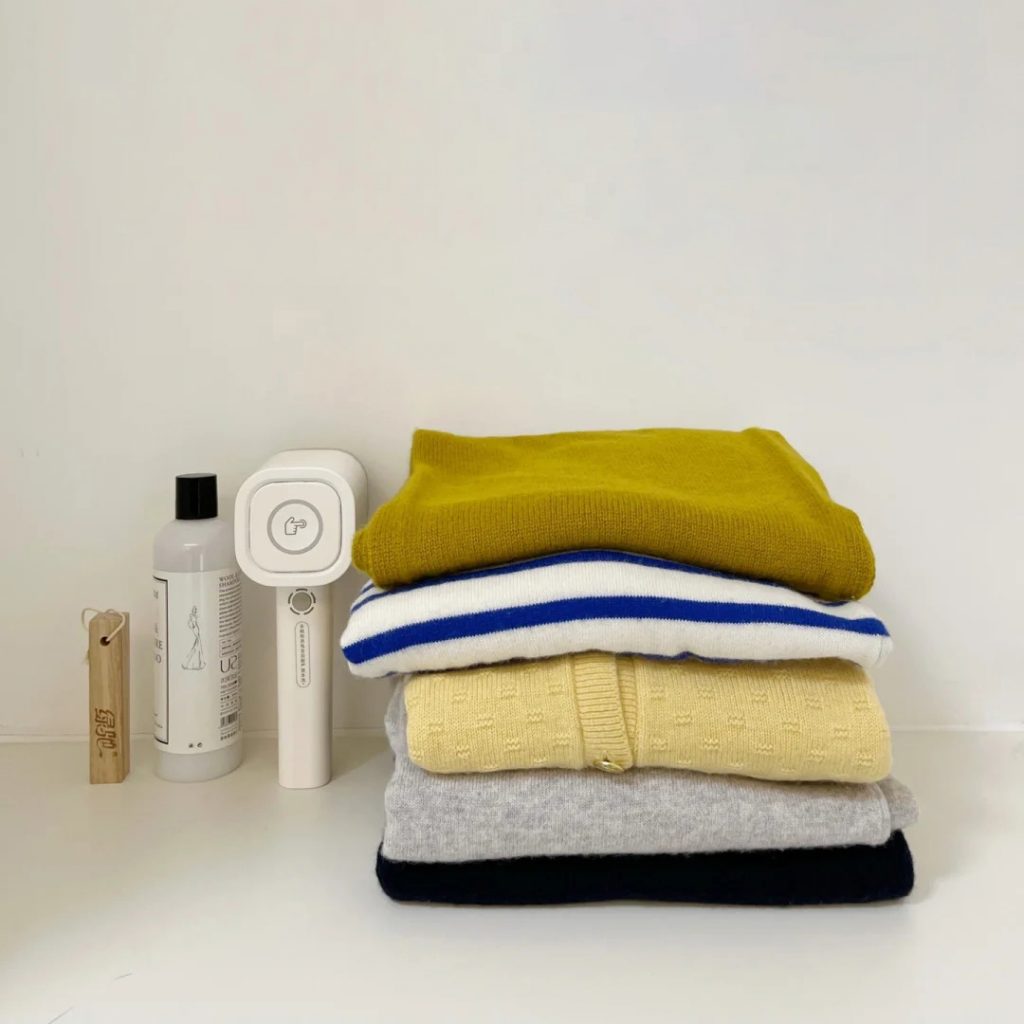
The machine-washable Merino wool has been formulated to withstand the harshness of frequent cleaning and heavy usage. Unlike untreated wool that may become flaky and lose its softness over time, treated Merino sheep maintain its strength and comfort. Many users claim that even after multiple cycles in the washing machine, their Merino clothing remains soft, ventilated, and functional.
Travel-Friendly Options
Those who travel frequently or participate in recreational activities outdoors have a special interest in the performance of machine-washable Merino wool. Its moisture-wicking, odor-resistant, and long-lasting properties make it an exceptional option for storing while still providing comfort and variety.
Ultimately, machine-washable Merino wool maintains its primary properties, proving to be a popular choice for both casual and athletic situations. With the advancement of treatment technology, users can enjoy the benefits of Merino wool without sacrificing comfort or functionality.
Ⅳ. Environmental Impact: Is Machine-Washable Wool Sustainable?
As the popularity of environmentally friendly fashion increases, so do the concerns surrounding the traditional way of treating wool. While machine-washable wool is beneficial, it’s crucial to consider its environmental effects, specifically regarding the utilization of chlorine and the production of wastewater associated with the processes.
Environmental Concerns of Superwash Wool

Superwash methods often utilize chemicals based on chlorine that have a significant effect on the shrinkage of wool, but they also raise significant environmental concerns. The utilization of chlorine can result in toxic byproducts and contribute to water pollution if not properly supervised. Additionally, the wastewater from the treatment process can contain harmful substances that affect aquatic habitats.
Additionally, while the recycling and biodegradability of wool itself are positive attributes, the environmental footprint associated with the chemical treatment processes poses challenges for the sustainability of Superwash wool products. As consumers become more environmentally conscious, the industry is pressured to utilize more environmentally friendly alternatives.
Emerging Sustainable Alternatives
As a response to these concerns, the wool industry is attempting to explore biodegradable methods of processing as a viable alternative to traditional Superwash processes. These procedures utilize natural enzymes to alter the fibers of wool without the necessity of harsh chemicals, such as chlorine. The outcome is an environmentally friendly method of producing wool that retains Merino’s beneficial properties while minimizing environmental impact.
Enzyme treatments follow the principles of responsible textile development. They not only reduce pollution but also promote the development of environmentally friendly fabric that satisfies the increasing popularity of environmentally friendly fashion choices. Brands that follow these methods are often considered to be leaders in environmentally friendly fashion, they have a market that is increasingly concerned with the ethical consumption of resources.
Ⅴ. Top Brands and Innovations in Machine-Washable Merino Wool
Several environmentally conscious brands of Merino wool have emerged as leaders in the development of machine-washable Merino wool, combining innovation with environmentally responsible practices. Noteworthy names in this area include Patagonia, Icebreaker, and Smartwool, along with our own HD brand.
Patagonia
Patagonia is well-known for its dedication to environmental conservation and ethical procurement. The brand promotes a variety of machine-washable Merino wool products that focus on responsible manufacturing. Patagonia uses 100% responsibly sourced Merino wool from sheep that are raised in humane conditions. Their “Worn Wear” initiative promotes the recycling and reuse of gear, which is dedicated to reducing waste.
Icebreaker
Icebreaker is recognized for pioneering the use of merino wool in the outdoors, they are renowned for their innovative approach to sustainability. The company promotes transparency in farm-to-fabric, ensuring that their wool is derived from ethical farms. Icebreaker’s machine-washable Merino wool products are intended for use in cold weather while still maintaining breathability and odor resistance. They have received certifications like the Responsible Wool Standard (RWS), which promotes animal welfare and environmentally responsible farming methods.
Smartwool
Smartwool specializes in clothing that is oriented towards performance, this particular type of clothing is primarily intended for enthusiasts who enjoy outdoor activities. The brand is dedicated to sustainability, and has dedicated resources to implementing sustainable methods in its supply chain. The smartwool’s machine-washable Merino wool clothing features properties that have moisture and odor, making it ideal for activewear. They also follow the Global Recycled Standard (GRS), which ensures that their products have a high environmental and social reputation.
HD Merino

At HD, we take pride in our commitment to environmental sustainability and performance. Our machine-washable and environmentally friendly Merino wool products replicate the same core principles that are leading the industry. By focusing on environmentally conscious materials and methods, HD provides consumers with durable and high-quality options that are intended to balance function and environmental impact. The following certifications have been obtained: GRS/ RWS/ Woolmark, etc.
Innovative Wool Products and Certifications
These brands are leading in the innovative production of wool that satisfies the demands of environmentally conscious consumers. They often utilize labels and certifications dedicated to environmental issues, such as RWS and GRS, to promote their commitment to environmentally friendly practices. By following these rules, they guarantee that their Merino wool products will not only have a high quality but will also be environmentally responsible.
Conclusion
In short, 100% machine-washable Merino wool is the future of environmentally responsible fashion, it has a superior performance that is both sustainable and machine-washable. Its intrinsic properties, such as moisture-wicking, breathability, and odor resistance, make it a versatile option for a variety of endeavors, from casual walking to outdoor exploration. As consumers have increasingly prioritized environmentally friendly options, our high-density wool products have become recognized for their commitment to sustainability and quality. By choosing HD, you will not only have access to quality, long-lasting clothing but also to practices that are responsible and have a positive impact on the environment and the communities involved in the production of wool. For more information about sustainable fashion and to explore our innovative range of high-density wool products, visit HD Merino.


